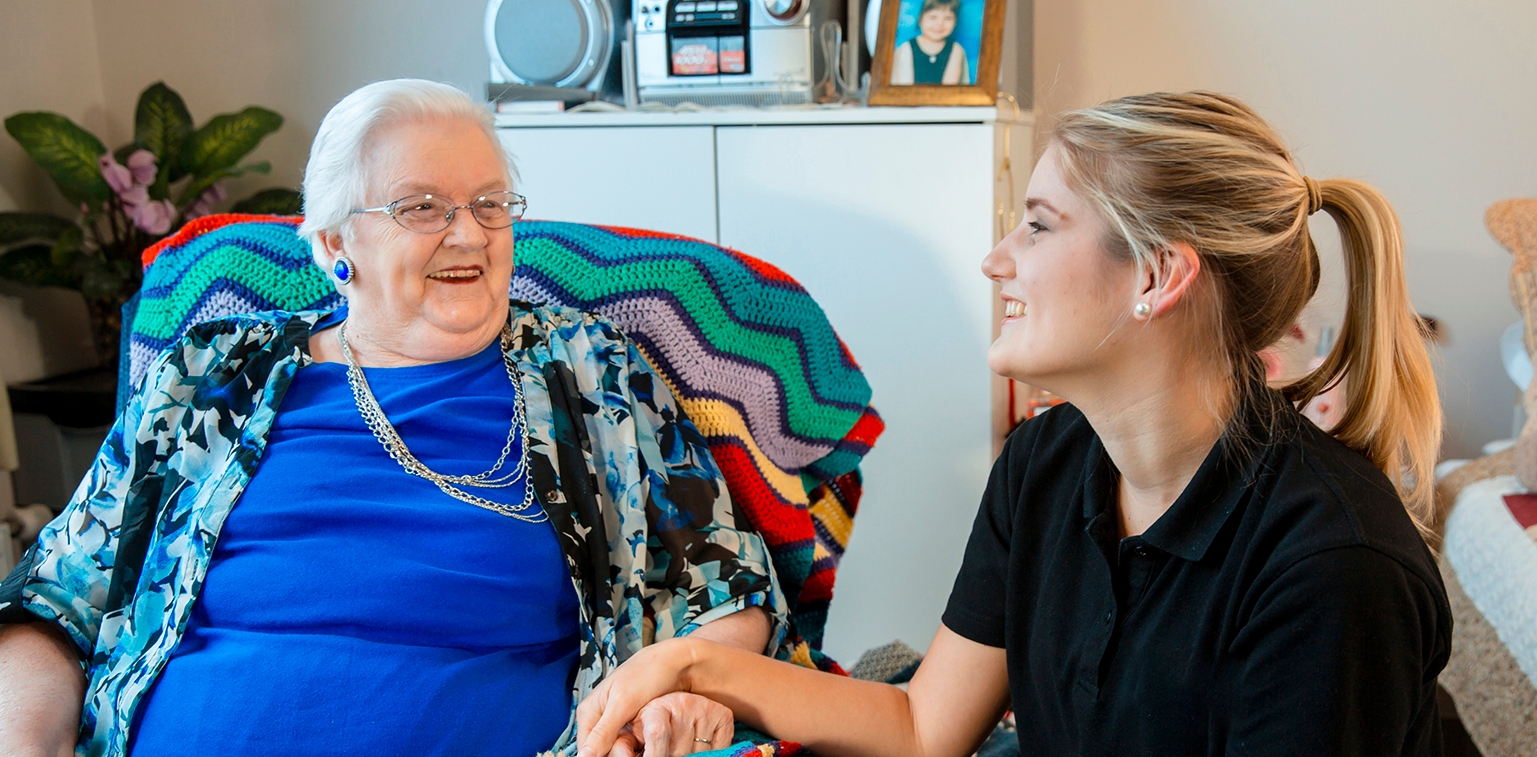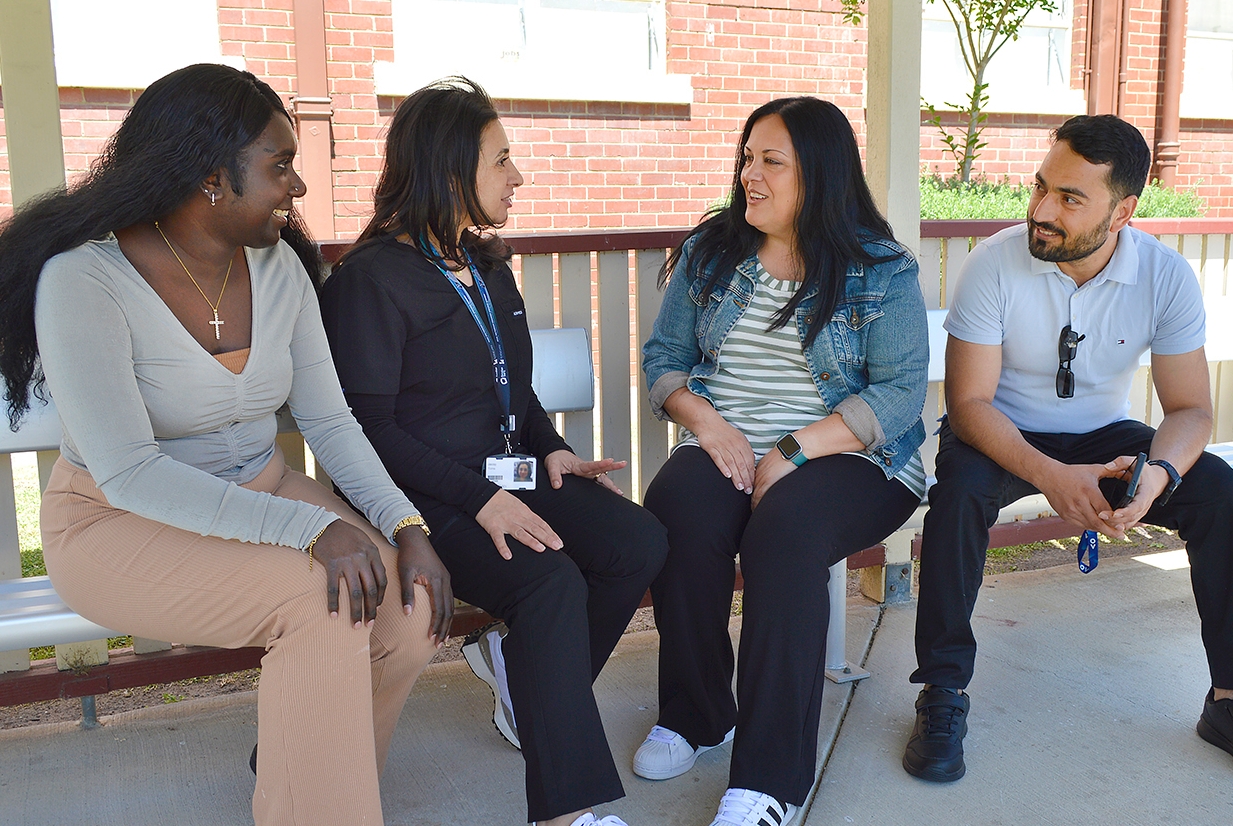Consider Your Career Outcomes
In general terms, the community support and health sectors are set to continue growing at a strong pace. In 2017, healthcare and medical was one of the fastest-growing industries according to Seek, with opportunities growing by over 11%. What’s more, the average salary is an attractive $87,000.
In terms of individual fields, there is also considerable potential for future growth. As the Victorian Government focuses on expanding and improving the National Disability Insurance Scheme, there is increasing opportunity for qualified workers to help satisfy demand.
Further, as more and more of our ageing population are leaning towards at-home care, aged care workers will continue to be sought after. There are expected to be 40,000 Australians over the age of 100 by 2055.
As well as strong career prospects in metropolitan Melbourne, community support and health workers are afforded more flexibility than most other fields. You may find opportunities working in regional or remote communities, switching between Government, the private sector, and not-for-profit organisations, and even transferring your skills between fields within the industry, enabled by upskilling through short courses.
Take Advantage of Free TAFE at Kangan Institute
The Victorian Government recently announced that it would be offering 50+ Free TAFE courses and pre-apprenticeship pathways for eligible students, beginning in January 2019. And the great news is that many of those included in the Free TAFE scheme fall under the health and community support sector. Not only can you start working towards a career you’ll find incredibly satisfying, but you can do it free from student debt.
Kangan Institute offers Free TAFE courses for health and community support under five key categories:



